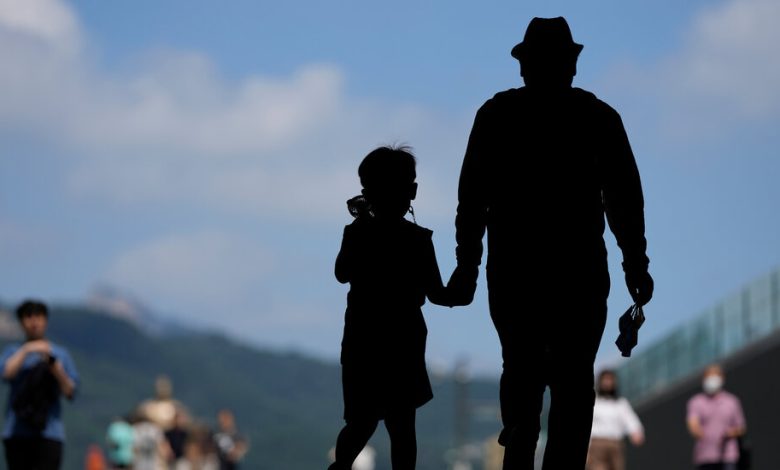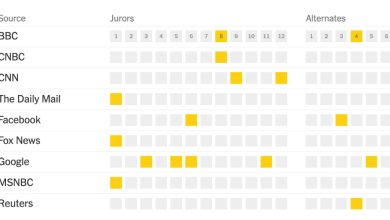How Old Are You? South Korea Tries to Simplify What Should Be a Simple Question.

Next year, South Koreans will turn a year or two younger — if only on paper.
South Korean lawmakers voted on Thursday to standardize the way the government counts a person’s age, in an attempt to move away from the use of several alternate methods — including a distinctively Korean tradition of counting people as 1 at birth and adding a year on Jan. 1.
The idea of uniting behind one standard gained traction, even as it bumped up against a tradition that touched on many aspects of everyday life: from the mundane tasks of filling out paperwork to legal milestones like the right to vote.
Still, traditions can die hard, and there’s no guarantee that the new system will be used in more informal circumstances. In South Korea’s hierarchical society, for instance, age determines the way one person speaks to one another, and the law cannot compel to people to stick to the single system in those situations.
“South Korea is getting younger!” the Justice Ministry said in a statement asking people to “unite” behind the new system for official documents that will bring the country into alignment with the international standard.
Voting nearly unanimously, the National Assembly passed the bill and sent it to the cabinet, which must approve it before it heads to President Yoon Suk Yeol. The simplified structure was promoted by the president during his campaign earlier this year. He is expected to sign the bill, clearing the way for it to take effect six months later.
Using just one age counting system would “minimize unnecessary conflicts related to age and to establish social practices that conform to international standards,” the bill said.
South Koreans have counted their ages in three different ways for decades. In everyday life, they are a year old at birth and count up every New Year’s Day. In some contexts — when determining one’s eligibility to drink, smoke or serve in the military, for example — they simply subtract their birth year from the current year. And for most legal and official purposes, they follow the rest of the world: people start from zero and add a year on every birthday.
Once the bill is signed into law, the government would follow the international approach. Babies under 1 year old will have their age counted in months.
Ambiguity around age counting methods has caused no shortage of bewilderment. It has led to disputes over age-based insurance payouts in traffic accidents. Children’s medications list target ages, without specifying how the ages should be calculated. A dispute over a company’s collective-bargaining agreement wound up before the South Korean Supreme Court earlier this year, because the agreement did not specify which system its age-based pay brackets followed. (The court used the world standard.) Lack of clarity over vaccine and Covid testing eligibility has led to chaos at health clinics and test sites.
The traditional method of counting age is deeply ingrained in South Korean culture. Birth year, not birth date, for instance, is the basis for the Korean zodiac system. The use of terms like “oppa” or “hyung” (ways of addressing an older brother), and “unnie” and “noona,” (which mean older sister) is dependent on the age of the age of the people involved in the conversation, and that, too, is dependent on birth year.
But the bill received broad support from the South Korean public. More than 80 percent of the country’s citizens surveyed by the government in September said they supported the bill, offering many reasons: It would resolve the confusion and inconvenience caused by the various age calculation methods; break down the hierarchical culture sustained by the Korean age counting method; and “lower people’s perceived age.”
More than 85 percent of the respondents in the same survey said they would also switch to the standard method in everyday life if the bill were passed.
Whether people will actually abandon the traditional system remains to be seen. That, experts said, would take some time.
“The traditional way of calculating age is hard to abandon,” said Shin Jiyoung, a professor of Korean language and literature at Korea University. “It’s so closely entwined to the Korean language.”
“It’s important to acknowledge why we have kept using it despite how confusing it is,” she added.




